Plant Based Nutrition
Written By: Heather Gerrish, MS, RDN
What is “planted based protein”? How do we focus on “planted-based” nutrition?
This blog will provide additional background and support for those interested in focusing on plant-based nutrition, veganism or are venturing into vegetarianism. Overall, we always want to promote increased consumption of fruits and vegetables - but this is often easier said than done for the classic “American Diet” or, SAD (Standard American Diet). And no, I am not making that acronym up!
When starting to incorporate more plant-based foods, specifically when switching or adapting your current nutrition practice to either a vegetarian or vegan emphasis, it is important to do a little planning and anticipate some ups and downs - knowing that one size does not fit all with any nutrition plan!
To begin, let’s define what specific components of both vegan and vegetarian diets are included in “plant-based”
Plant-based diets focus on - well, plants! The first and foremost focus is including variety, abundance and creating a sustainable intake of plants (aka fruits and vegetables) as the staple of a meal or snack. Of course, this could look slightly different depending on your needs and overall level of incorporating a “plant-based focus” but the main message is simple - fruits and veggies, fiber and variety!
It also is important to bring up that a “vegan” or “vegetarian” diet does not NEED to follow this same emphasis, and more often than not, include more processed items and can even lean towards fewer fruits and veggies than someone who does not adhere to these same diet outlines!
If you choose to venture into veganism, vegetarianism or plant-based - remember the following:
Variety is key
Focus on incorporating a variety (eat the rainbow!) of fruits and vegetables every day!
Find your favorites. Some recipes don’t fit the bill or are not up to your standards and that’s ok! Keep track of the combos you do enjoy (see below for some protein pairs) and stay focused on trying new things along the way.
Don’t forget about complementary proteins. We’ve discussed this before with vegetarian diets, but complementary proteins are protein pairs that together include amino acids that are essential to the body (something that needs a little more attention when not consuming animal proteins).
Plan ahead. Preparing fresh vegetables can take a little more time - but doing some easy prep for the week can save you time and energy when planning out a weekday meal.
So, what now? How could you put this into practice?
Taking components of this focus (maybe that is one plant-based meal a week to start!) and including a reasonable change in your menu planning is a wonderful way to incorporate this method into your routine.
Here are some menu planning ideas to get started:
Sweet Peas and Saffron [Meal planning for a Vegan Diet]
Rebel Recipes: Vegan/Plant Based Recipe Ideas
Remember - eat your veggies!
Cover photo from Unsplash.com

